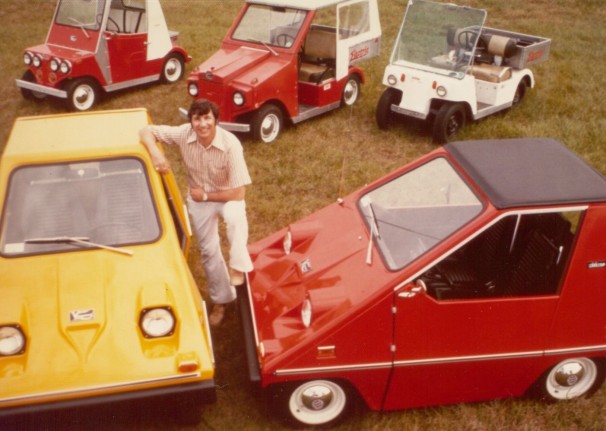At the New Yorker blog, Kirk Kardashian takes a dour view of electric vehicles, though I think he gives short shrift to the early sales numbers of the current EVs and doesn’t explore the longer-term possibilities of solar being used to create electricity, which would eliminate much of the pollution created by electric. And does it make any sense that the price of EVs won’t continue to drop as manufacturers learn more about the process and materials? It certainly would be an extreme outlier in tech if that didn’t happen. From his piece:
“Given the cost and ineffectiveness of E.V.s, and the failure of the highest-profile attempt to address that problem, automakers seem at a loss about how to get more people to drive electric cars. They’ve focussed on government incentives, like a seventy-five-hundred-dollar tax credit on the purchase of a new E.V. These are well-intentioned: one of government’s roles is to get people to behave in ways that make the world better, and electric cars—which are about three times as fuel efficient as non-hybrid gasoline cars—serve that purpose, because they produce no exhaust. The Nissan Leaf, for instance, has an efficiency rating of a hundred and twenty-nine miles per gallon.
But questions persist about whether electric cars are really better for the environment, particularly if you take into account the environmental cost of creating electricity in the first place. (Fuel-efficiency ratings don’t consider this.) Replacing an internal-combustion-engine vehicle with an electric car transfers the emissions from the tailpipe to the smokestacks of the power plants that feed the electric grid. In the U.S., a majority of power plants use fossil fuel to generate electricity, and their greenhouse-gas emissions are declining slower than emissions from automobiles. Therefore, as [John] DeCicco found in a recent study published in the journal Energy Policy, the U.S. electric grid produces twice as much carbon dioxide as burning gasoline for each unit of energy. ‘The benefits to shifting to another kind of fuel depend critically on the emissions in the sectors that produce those fuels,’ DeCicco told me.
Meanwhile, gasoline-powered cars are becoming more efficient all the time. That’s good for the environment and consumers, but probably frustrating for E.V. engineers, as their central competition—internal-combustion engines—is better funded, improving quickly, and supported by a hundred and sixty-eight thousand quick-charge spots known as gas stations.“
Tags: John DeCicco, Kirk Kardashian

